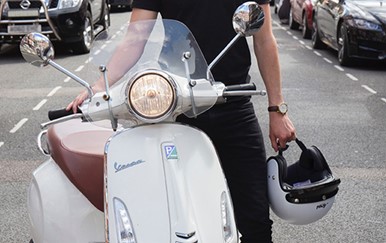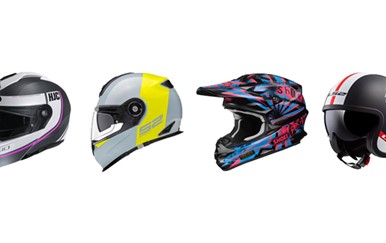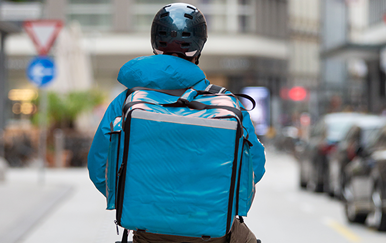Are you interested in becoming a delivery rider? Well, you’ll be pleased to know you’re in the right place!
In this blog, we are going to be answering all of the frequently asked questions regarding how to become a delivery rider as well as everything you need to know along the way.
So without further ado - let’s get into it, shall we?
What are the requirements to become a delivery rider?
If you’re looking to become a delivery rider, for most delivery services across the board you will need:
- Be over 18
- Have a valid CBT or motorcycle licence
- Have specialist delivery rider insurance
- Smartphone with 4G capabilities
- Proof of right to work in the UK
- UK bank account
- Your own motorcycle, scooter, or moped
How to apply to become a delivery rider

When looking for jobs as a delivery rider, whether that be full-time or something you do on the side, most places let you apply via their website. However, if you’re looking to deliver for independent companies, it is always worth checking out sites like Indeed or Glassdoor.
For relevant links, check out:
What skills do I need to become a delivery rider?
There are many skills that you will need to become a delivery rider. You will be dealing with a variety of customers and orders coming from a handful of different restaurants (proving you work for a specialist food delivery company).
Skills essential for delivery riding will include:
- Customer service and communicative skills
- Ability to ride confidently and safely
- Good time management and organisational skills
- Able to work well under pressure in a fast-paced environment
- Good sense of navigation
What equipment do I need as a delivery rider UK?
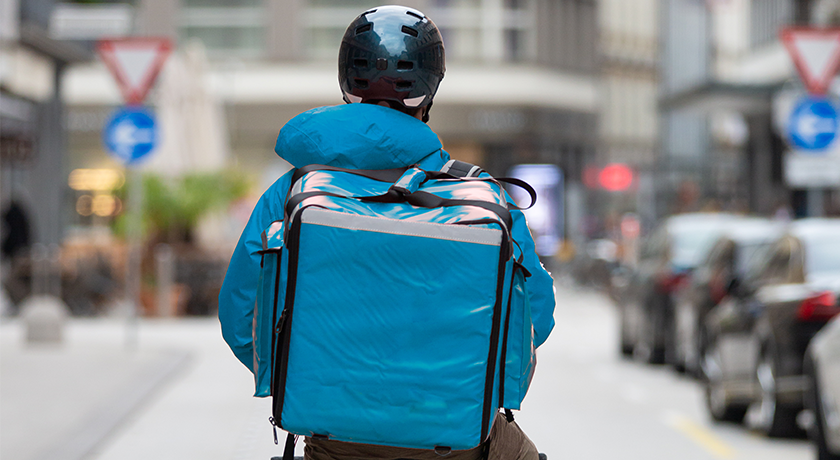
As a delivery rider, you will need a few bits of essential equipment before you get started, such as:
- British Standard or UNECE Regulation 22.06 Helmet
- Insulated Food Bag
- Phone charger and/or charging bank
- Phone mount
- Reflective and/or waterproof clothing
*For more, please head over to our Top 10 Equipment Essentials Every Deliver Rider Needs article!
What licence do you need to become a delivery rider?
Typically at minimum, you will need to have passed your CBT in order to become a delivery rider. However, this may vary between delivery companies and independent restaurants so it is always worth checking the individual requirements before you apply.
If you intend to become a delivery rider on a CBT and do not wish to go on to a full licence, you will need to remember to renew your CBT every two years or it will be invalid and you will be riding illegally.
How much do delivery riders earn?
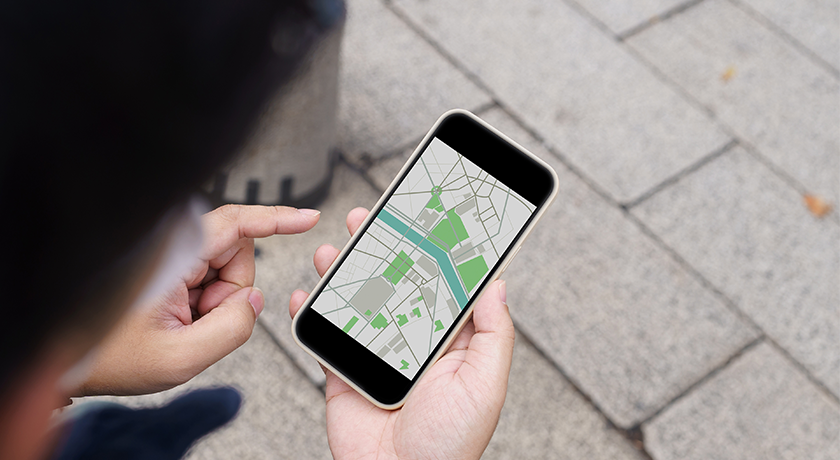
When it comes to how much you can make as a delivery rider, it can vary greatly between companies, as well as if you choose to work part-time or full-time.
According to a study carried out by Talent.com, based on the average of 603 different delivery riders salaries should be £24,375, working out at roughly £12.50 per hour. However, this number will vary depending on a variety of factors such as location, type of courier you are, etc. with the lowest wage coming in at £21,674 compared to one of the highest at £31,200.
Are delivery riders considered self-employed?
As a general rule, if you decide to become a delivery rider you will be considered self-employed and will need to register yourself with the HMRC via the GOV.UK website, as well as complete a tax relief form at the end of each Tax year.
However, companies such as Just Eat as well as plenty of independent companies have started offering riders contracted opportunities with an hourly fixed rate meaning no matter how many deliveries you make per hour, you will always earn a stable wage.
How do you get paid as a delivery rider?
How and when you get paid will depend again on who you work for. Different companies will have different paydays, which can be found by contacting your employer or looking at your contract documents.
Typically for food delivery riders, especially those working for larger cooperation companies (eg. UberEats) as we have referenced frequently throughout this article, you will most likely be paid weekly as well as any tips you have earned are entirely yours to keep and pocket.
Do delivery companies pay for fuel?
If you decide to work for a company such as UberEats, Just Eat, or Delievroo, for every order to be delivered from the restaurant to the customer not only will you be paid to deliver the order, but your pay will also reflect the mileage ridden as well as the time taken to deliver the order.
On the other hand, if you decide to work for an independent company, whether your fuel will be accounted for or it will be assumed as one of your outgoing costs will vary from place to place - so it is always worth checking with each employer to see how their payment works.
Do I need delivery rider insurance?
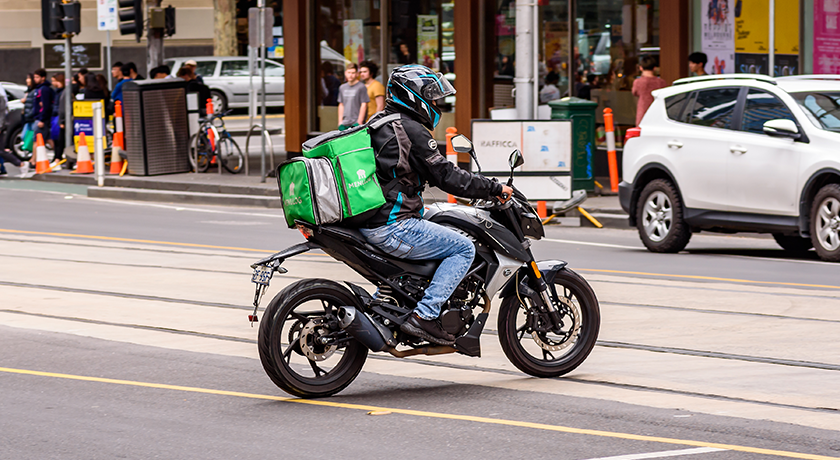
It is important to have an insurance policy that covers you for delivery use, often advertised as delivery rider insurance. As a delivery rider, having a standard insurance policy will be of no use, especially in the event of an accident - failure to have the correct insurance can mean you will face legal fines or compensation payouts if you’re sued.
Where can I get delivery rider insurance?
As a delivery rider, failure to have the correct insurance can mean that any claim may not be paid in the event of an accident, and you may face fines, legal convictions, or even compensation payouts in you are sued having caused the accident.
If you are in need of delivery rider insurance, we here at Lexham have created a specialist food delivery insurance scheme for individuals as well as fleets providing you with coverage for both you and your bike when you’re out and about.
Do delivery riders get paid a fair wage?
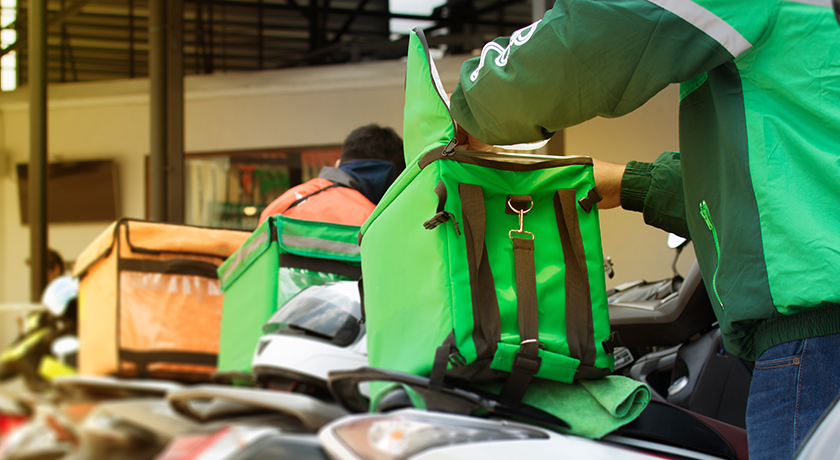
As we mentioned in our How much do delivery riders make article, since the pandemic delivery drivers and riders have been crucial in keeping small businesses afloat.
It was reported that 24% of businesses started and maintained a delivery service during the lockdown, as well as an increase in the amount of app-based food delivery companies available directly from our phones.
Research also reports that many delivery drivers and riders are considered self-employed, barely make minimum wage. However, at the time of writing things are beginning to make a change. Since 2020, there have been many discussions and legislation finally starting to be put into place meaning riders will receive the National Living Wage at minimum.



